 Last July 4, my family and I went to Long Island to celebrate the holiday with a friend and her family. After eating some barbecue, a group of us decided to take a walk along the ocean. The mood on the beach that day was festive. Giggling children chased each other along the boardwalk...
Last July 4, my family and I went to Long Island to celebrate the holiday with a friend and her family. After eating some barbecue, a group of us decided to take a walk along the ocean. The mood on the beach that day was festive. Giggling children chased each other along the boardwalk...
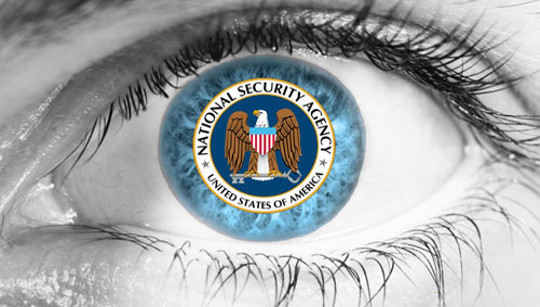 The apparent recurrence of intelligence failures in France and elsewhere has long been debated by security experts, and ultimately begs the question: what can be expected from intelligence services?
The apparent recurrence of intelligence failures in France and elsewhere has long been debated by security experts, and ultimately begs the question: what can be expected from intelligence services?
- By George Lakey
 One of my most popular courses at Swarthmore College focused on the challenge of how to defend against terrorism, nonviolently. Events now unfolding in France make our course more relevant than ever. In fact, the international post-9/11 “war against terror” has been accompanied by increased actual threats of terror almost everywhere.
One of my most popular courses at Swarthmore College focused on the challenge of how to defend against terrorism, nonviolently. Events now unfolding in France make our course more relevant than ever. In fact, the international post-9/11 “war against terror” has been accompanied by increased actual threats of terror almost everywhere.
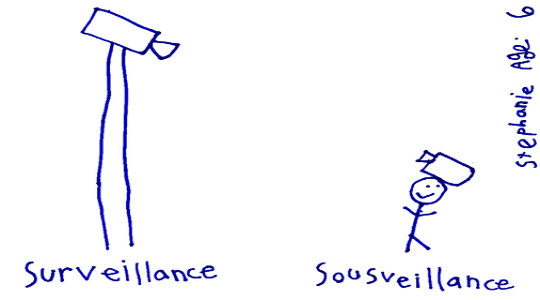 At this moment, there are likely many eyes on you. If you are reading this article in a public place, a surveillance camera might be capturing your actions and even watching you enter your login information and password. Suffice it to say, being watched is part of life today.
At this moment, there are likely many eyes on you. If you are reading this article in a public place, a surveillance camera might be capturing your actions and even watching you enter your login information and password. Suffice it to say, being watched is part of life today.
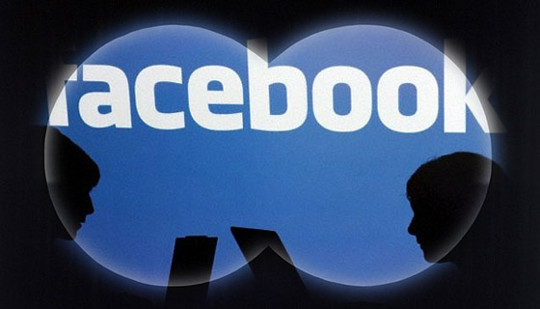
Facebook’s recent apology for its Year in Review feature, which had displayed to a grieving father images of his dead daughter, highlights again the tricky relationship between the social media behemoth and its users' data.
- By Robert Reich

We’ve made progress this year — raising the minimum wage in dozens of states and cities, providing equal marriage rights in a majority of states, limiting carbon emissions. But there’s far more to do.

In a post-Snowden world, anonymity is what people want online. Smartphone apps offering anonymous messaging are popping up everywhere – Secret, Whisper, and now Yik Yak. The latest additions to privacy-protecting technology, they claim to provide anonymous, location-based confession, expression, and discussion platforms.

An artist tests whether New Yorkers will give away their mother’s maiden name or part of their Social Security number for a homemade cookie.
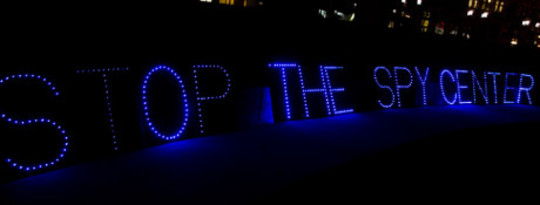
Municipal struggles over mass surveillance take on increased significance. As it becomes more and more clear that these agencies are wastefully overfunded, as a bipartisan 2012 report on fusion centers found, communities must decide whether to stand up for their civil liberties when elected officials are no longer able to advocate for them.

Recently, documents unveiled by ProPublica, the New York Times and the Guardian showed that the NSA and its British counterpart, GCHQ, are not only capable of accessing your metadata but also capturing information sent by applications on your smartphone.
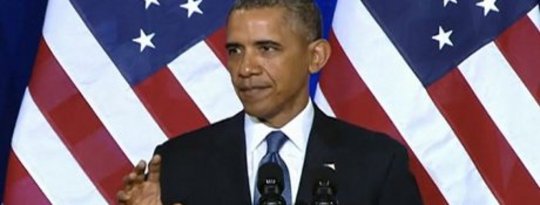
Since the first disclosures based on documents provided by former NSA contractor Edward Snowden, Obama has offered his own defenses of the programs. But not all of the president's claims have stood up to scrutiny. Here are some of the misleading assertions he has made.
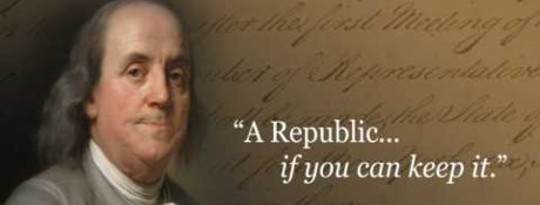
The curious thing about a democratic system is that it contains the seeds of its own demise. Freedom is not something guaranteed by any parchment or promise. It is earned by each generation which must jealously protect it from threats, not only from outside, but from within a nation.
- By techdirt

Soon after the very earliest reporting on Ed Snowden's leaked documents about PRISM, the folks from Datacoup put together the very amusing GETPRSM website, which looks very much like the announcement of a new social network, but (the joke is) it's really the NSA scooping up all our data and making the connections. It's pretty funny. Except, of course, when you find out that it's real.
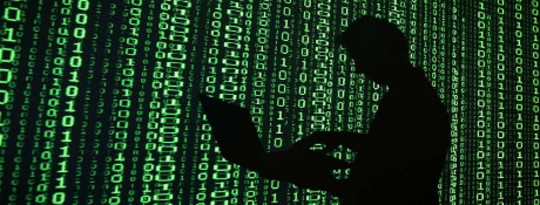
Three-and-a-half months after National Security Agency leaker Edward Snowden came public on the the U.S. government’s massive spying operations at home and abroad, we spend the hour with Alan Rusbridger, editor-in-chief of The Guardian, the British newspaper that first reported on Snowden’s leaked documents.

It's not clear how much information about ordinary people's conversations the National Security Agency has gathered. But we do know there's a thriving public market for data on individual Americans -- especially data about the things we buy and might want to buy.
- By Amy Goodman

A new exposé based on the leaks of Edward Snowden has revealed the National Security Agency has developed methods to crack online encryption used to protect emails, banking and medical records. "Encryption is really the system that lets the Internet function as an important commercial instrument all around the world.

Germans like posting baby pictures, party snapshots and witty comments on Facebook just like anyone else. They just do not want to get caught doing it. Many of us use fake names for their profiles 2013 silly puns, movie characters or anagrams and "remixes" of their real names. (Yes, I have one. No I'm not telling you the name.)

The outrage over the NSA's massive, sprawling data collection is different in the white community than in the black community, but why? Chris Hayes discusses with MSNBC contributor James Peterson and David Sirota, a columnist for Salon.com

Dan Rather, anchor and managing editor for "Dan Rather Reports" on AXS-TV, talks with Rachel Maddow about how abuse of power and general bungling by the NSA undermines the credibility of the United States and calls into question how the "war on terror" is being conducted almost 12 years after 9/11.
- By Compilation

It seems that every day brings a new revelation about the scope of the NSA’s heretofore secret warrantless mass surveillance programs. And as we learn more, the picture becomes increasingly alarming. The chief judge of the Foreign Intelligence Surveillance Court said the court lacks the tools to independently verify how often the government’s surveillance breaks the court’s rules.
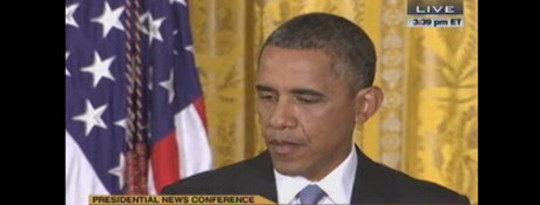
The President seemed unaware of the article that was published by The Guardian just 3 hours prior to the press conference as his handlers allowed the President to appear either untruthful or out of touch. In this article the Guardian disclosed that the NSA had at least a virtual "backdoor" if not an actual into their own systems that allowed them to skirt even the "rubber stamped" FISA Court spirit and restraints.
- By Amy Goodman
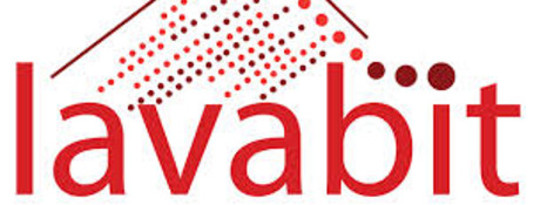
Lavabit, an encrypted email service believed to have been used by National Security Agency leaker Edward Snowden, has abruptly shut down. The move came amidst a legal fight that appeared to involve U.S. government attempts to win access to customer information.

It will require “coordinated dissent” from individuals, advocacy groups, and, yes, technology companies. Smart people like Ron Wyden (D-Oregon) warn that our inaction opens the door for such surveillance to become an irreversible and regrettable part of our society, but the hard truth is that citizens need to muster incredible will to demand or enact sorely needed privacy protections.












